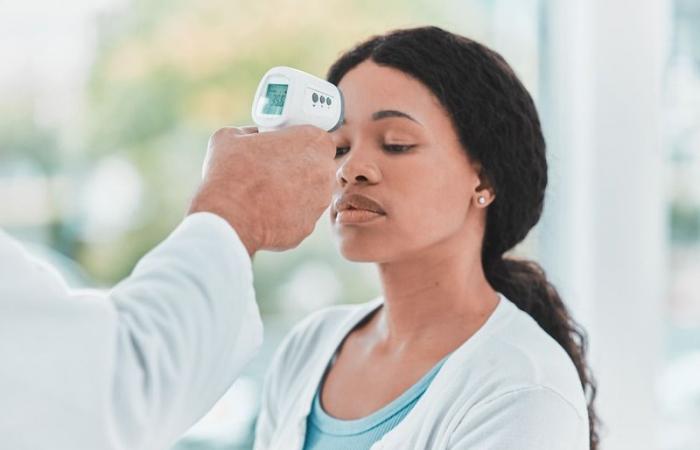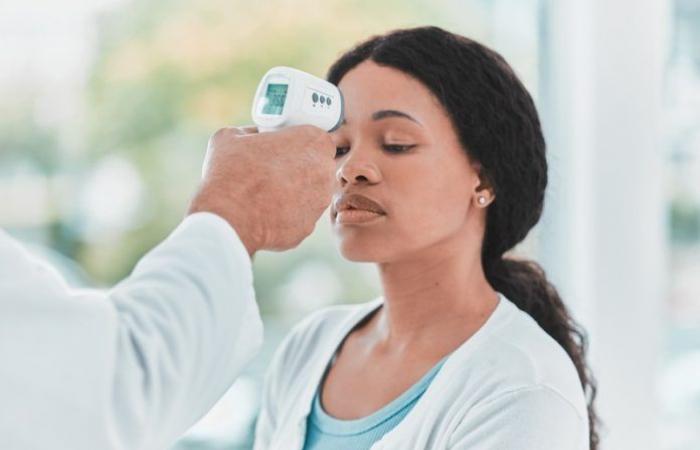Mpox, known as monkeypox, is a viral disease that gained global attention during the 2022 outbreak. Initially limited to parts of Africa, this disease has spread to many countries, affecting thousands of people in Europe and elsewhere. Although generally benign, it can cause serious complications, especially in vulnerable people.
Mpox: should we expect an epidemic?
A first in France: the case of clade Ib
On January 7, 2025, the Ministry of Health confirmed a case of Mpox clade Ib, detected in Brittany. A first in France. The patient, who has not recently traveled to Central Africa – an endemic area for this clade – would have been in contact with two people returning from this region.
An epidemiological investigation is underway to trace the chain of contamination and identify at-risk contacts. However, no epidemic is expected in France.
What is the difference between “clades” II b and Ib?
Since 2022, clade II b has been the main strain in France and Europe. It causes mild forms, with limited symptoms such as mild rash and moderate fever. Its transmission remains mainly linked to close contact.
Clade Ib, more common in central Africa, is different. It can be transmitted more easily and cause more serious forms, with larger lesions or more severe symptoms. Its detection in France, where it had never circulated, is rare and requires special attention to avoid possible spread.
A consolidated control strategy
How to counter the virus?
Health authorities point out that France has a robust plan to counter Mpox, whatever the strain. This is based on:
- Reinforced surveillance, via mandatory reporting of cases and specialized analyses.
- Free vaccination, preventive or reactive, for target audiences.
- Health recommendations, particularly for travelers coming from or going to risk areas.
Who is affected by vaccination?
In accordance with the recommendations of the High Authority of Health (HAS), vaccination is a priority for:
-- Men who have sex with men (MSM) and trans people reporting multiple partners.
- Sex workers and professionals in places of sexual consumption.
- People living with individuals at high risk of exposure.
- Frequent travelers to Central Africa, including aid workers.
Additional barrier gestures
In addition to vaccination, the authorities emphasize the importance of preventive measures to limit the spread:
- Wash your hands regularly.
- Avoid contact with infected people or contaminated objects (linen, dishes, etc.).
- Limit interactions with animals, particularly rodents, which can carry the virus.
Although the risk to the general population is low according to the European Center for Disease Prevention and Control (ECDC), each case serves as a reminder of the importance of remaining attentive. Vaccination and the application of barrier gestures remain our best weapons to protect vulnerable populations and limit the spread of Mpox in France.
NAMELY
For any questions about monkeypox, its symptoms, or vaccination procedures, a toll-free number is available: 0 801 90 80 69 (free and anonymous call, from 8 a.m. to 11 p.m.).
The addresses of vaccination centers and additional information can be consulted on sante.fr/mpox.









